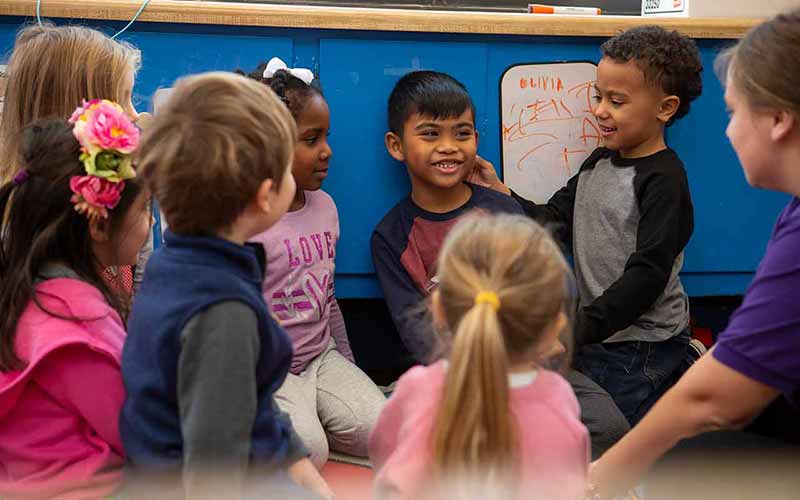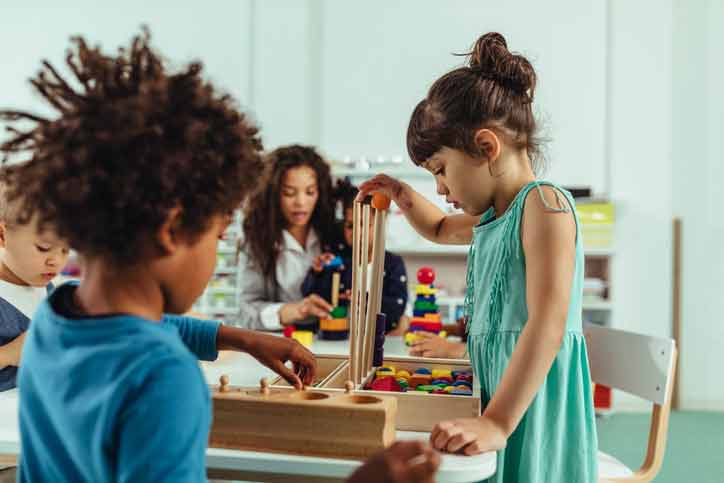Equity and Inclusion
Resources to help you build on every child’s strengths and respond to their needs

Supporting Every Learner
Children benefit from learning experiences that are adapted to meet their physical and developmental skill levels and those that meaningfully reflect their home cultures, languages, and daily lives. Children also benefit when educators take time to reflect on their experiences and address their biases to ensure they are meeting the needs of every child in their care. We share resources for considering equity and inclusion while supporting children’s development of Core Skills.
Disrupting Racial Bias
Teacher-Child Relationships
Stanford University’s Jennifer Eberhardt discusses the power of racial bias and how to disrupt it in our relationships with children.
Confronting our Biases
Teacher-Child Relationships
This NAEYC article shares some key steps educators can use to reflect on and address bias in infant and toddler programs.
Supporting Young Children's Friendships
Peer Relationships
Some children with disabilities need extra support to connect with peers. This podcast describes the importance of early friendships and strategies to support children as they interact with peers.
Considering Culture
Problem-Solving With Others
In this NAEYC webinar, Dr. Isik-Ercan offers transformative yet practical tips educators can use to understand children’s cultural backgrounds and to support children as they encounter and solve social problems.
Inclusive Social Interactions
Problem-Solving With Others
In their magazine issue, Cultivate Learning shares collaborative strategies to support children of different abilities to develop social skills.
Equitable Interactions in ECE
Fostering Empathy
In this webinar, Stephanie Curenton and Bridget Hamre discuss an equity lens that educators can use to understand how children of color feel in the early childhood classroom. They also share strategies to ensure children get the right amount of support.
Help Children Become Thoughtful, Informed, and Brave About Race
Promoting Self-Confidence
When adults openly discuss race and human diversity, they help children build confidence in themselves and comfort with others. This action guide, produced by EmbraceRace, shares small, but powerful steps to nurture race-brave children. Available in English and Spanish.
Recognizing Bias and Promoting Equity
Developing Sense of Self
This short video from the Center of Excellence for Infant and Early Childhood Mental Health Consultation encourages teachers to embrace children’s cultures to support their sense of self.
Our Race-Related Memories
Recognize and Describe Emotions
Dr. Beverly Tatum talks about the strong emotions linked to our race-related memories and the power of talking about race with children to help them understand their emotions and make sense of the world.
Using Social Stories
Supporting Children’s Emotions
Useful for all but especially helpful for children with disabilities and dual language learners, this resource from the Head Start Center for Inclusion provides simple social stories to help children manage emotions and social situations.
Crying Helps
Supporting Children’s Emotions
Our biases influence how we respond to children when they cry. After you read the blog post Crying Helps by the Virginia Infant and Toddler Specialist Network, use our guide to confront your biases and support children’s strong emotions in equitable ways.
Disrupting Implicit Racial Bias
Supporting Children’s Behavior
This NPR segment describes research on preschool educators’ implicit racial biases and how it can cause them to expect more problem behavior from Black boys.
Culturally Appropriate Guidance
Supporting Children’s Behavior
In this webinar, Dr. Ercan offers transformative, yet practical ways educators can start to understand children’s cultural backgrounds to support behavior in the classroom.
Moving to Learn
Gross Motor Skills
All young children benefit from opportunities to freely move around their learning environment. This article from the Connecticut Birth to Three System describes inclusive ways to modify materials and activities to meet every child’s needs.
Why Outdoor Play Is Essential
Gross Motor Skills
Useful for all but especially helpful for children with disabilities and dual language learners, this resource from the Head Start Center for Inclusion provides simple social stories to help children manage emotions and social situations.
Inclusive Block Play
Fine Motor Skills
This article from the Child Care Exchange shares the importance of moving away from stereotypical gendered play and encouraging girls to play with blocks.
Support Children’s Scissor Skills
Fine Motor Skills
Children with and without disabilities benefit from developing scissor skills. This Neurological and Physical Abilitation (NAPA) Center article discusses scissor-cutting activities that develop children’s fine motor skills through various stages.
Backward Chaining
Self-Care
Learning new routines can be frustrating for children. This tip sheet from NHS Greater Glasglow and Clyde outlines simple steps for using the backward chaining technique to teach children new self-care skills.
Culture and Caregiving
Self-Care
This article from Zero to Three explores the influence of culture on caregiving and how we can work respectfully and effectively with all young children and their families to support self-help skills.
Healthy Body Images
Healthy Habits
Adults play an important role in helping children think positively about their bodies. This article from Today’s Parent offers three tips for fostering children’s healthy body images.
Reducing Food Insecurity
Healthy Habits
This article from PR Newswire describes what food insecurity means for children and offers ways to promote better nutrition.
Responsive Play Interactions
Imitation and Symbolic Representation
Play has incredible benefits for young children with autism or other disabilities. This article from Vanderbilt University shares five strategies you can use to support responsive play interactions.
Culturally Rich Dramatic Play
Imitation and Symbolic Representation
This article from NAEYC provides ways to enhance children’s play with authentic, culturally relevant experiences.
Outdoor Play is Essential
Active Exploration
This article from NAEYC explores the history of playgrounds and the importance of safe outdoor spaces for young children.
Curiosity and Achievement
Active Exploration
This article from the University of Michigan Health Lab explores the benefits of promoting children’s curiosity to support their development.
Inquiry for All
Inquiry
This article from NAEYC offers strategies for creating equitable and inclusive science environments with multilingual learners in mind.
Science for All
Inquiry
This article from the NAEYC offers tips to build a science-friendly culture and environment that supports infants’ and toddlers’ natural inquiry skills.
Critical Thinking and STEM
Reasoning
This podcast from Teachstone promotes STEM learning in the early learning environment for girls and underrepresented groups.
Building with Blocks
Reasoning
This article from NAEYC describes how building with blocks supports math, science, and general reasoning skills across the first four years of life.
We are Engineers!
Problem-Solving with Tasks
This article from NAEYC promotes inclusive teaching and learning using the Engineering Design Process – a series of steps that engineers use to find a solution to a problem.
Empower Learning Through Scaffolding
Problem-Solving with Tasks
This article by NAEYC explores how careful observation can help educators individualize their support for infants and toddlers as they explore their world.
The Diversity, Equity, and Inclusion Tool


